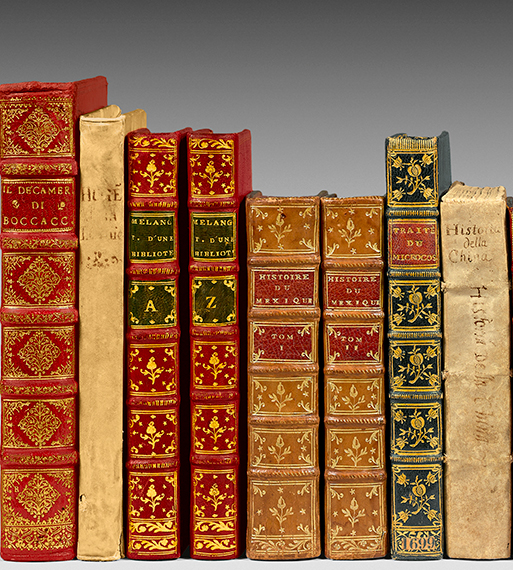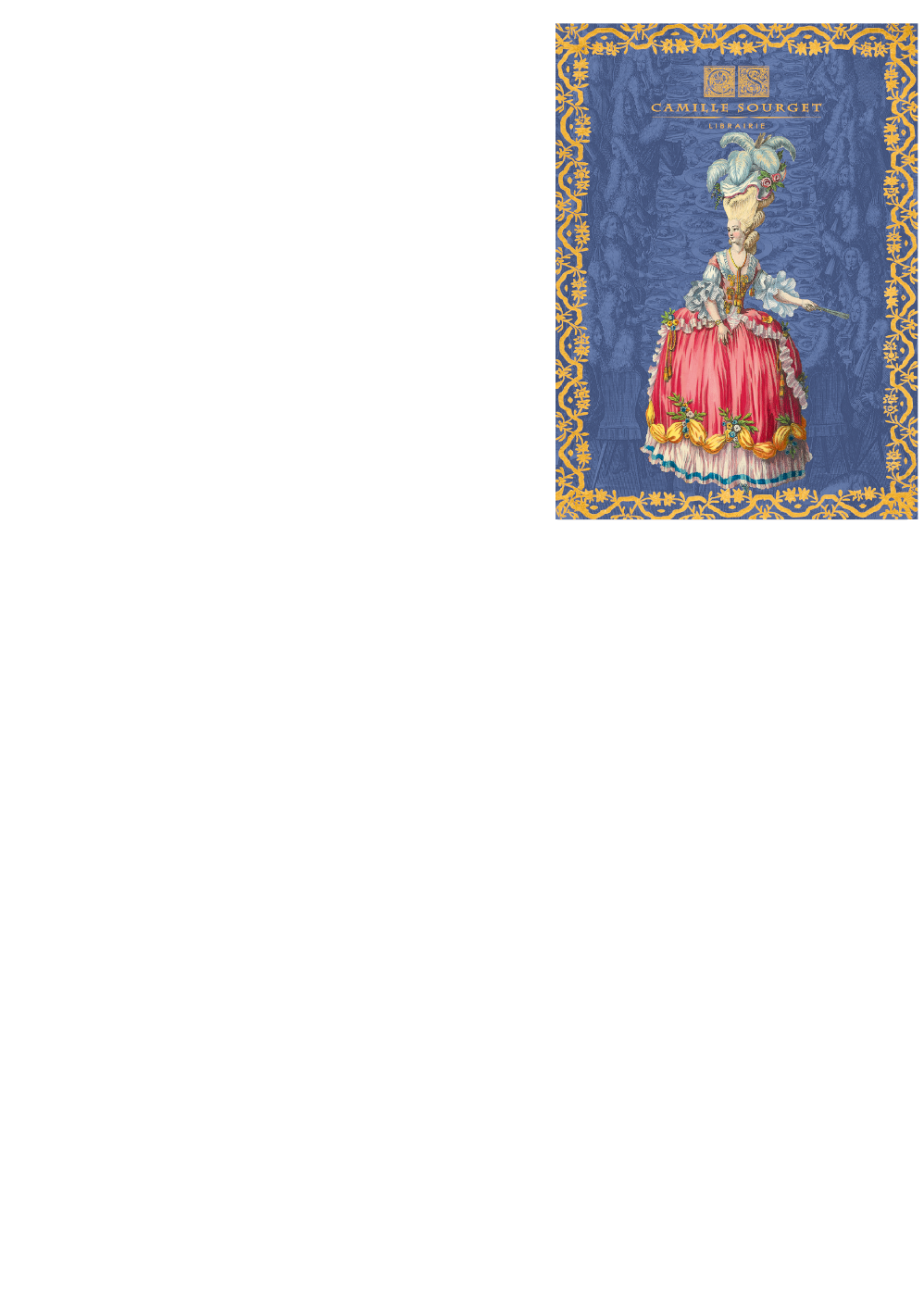The original edition of this sought-after collection by Victor Hugo,
in a fine binding of the time in half midnight blue morocco.
Hugo, Victor. Les Chants du crépuscule.
Paris, Eugène Renduel, 1835.
Octavo with xviii pp., (1) f., 334 pp. with table (p. 334 is mistakenly numbered as 354). Some foxing. Bound in half midnight blue morocco of the time, blue and black marbled paper boards, spine with raised bands adorned with gilt lines. Binding of the time.
205 x 127 mm.
Sought-after original edition, printed in 2,500 copies, of one of Victor Hugo’s most beautiful collections of poetry.
Carteret, I, 407.
Copy from the very first issue with the error on page 70 uncorrected (“salèvre” instead of “sa lèvre”).
The collection brings together poems composed from 1830 to 1835, mostly during the autumn of 1835, while Hugo was staying at les Roches, with the Bertins. It contains political pieces in which the poet distances himself from the Bourbon monarchy and even sings of the emperor.
The bulk of the collection is actually composed of verse pieces related to the emotional crisis the poet is experiencing, torn between his duties as a husband (married since 1822 to Adèle Foucher) and his passion for his mistress Juliette Drouet (in 13 poems XIV, XXI to XXIV, XXVI to XXXIII). Sainte-Beuve, jealous of this spousal recognition, mocked these poems, which affected Adèle.
“Collection of poems by Victor Hugo (1802-1885), published in 1835. It follows ‘Feuilles d’automne’, but the author’s evident intention is to place himself at an opposite viewpoint. This characteristic figure of a patriotic poet is sensed, which will become more defined in the next two volumes that will somewhat complete this trilogy: ‘Les Voix intérieures’ and ‘les Rayons et les Ombres’. The title of the collection warns us that the poet senses in the life of peoples and in the history of Europe the aching calm of a ‘twilight moment’. But is it evening twilight or morning twilight?: ‘Is there no longer sight? Does one not see yet?’ He naturally leans towards the latter hypothesis. Half-journalist, half-poet, as he has been named without any malice. Hugo is going to tackle all the great problems of history or contemporary politics, sometimes inspired by the most resounding events and at other times by simple details noted in chronicles. The tomb of Napoleon I, the fate of Napoleon III, a young man’s suicide, a vote in the Chamber, Canaris’s Greece, oppressed Poland, a ball at the Hôtel de ville, everything is an occasion for him to compose these long poems in an apocalyptic and lyrical tone and to make a new satire of mores. […].
The second part of the collection is devoted to the poet’s love for Juliette Drouet; by returning to personal themes, Hugo finds more poignant tones and, with exquisite grace, composes delicate little poems. Some images are of rare beauty […].” (Dictionnaire des Œuvres, I, 675).
Very pure copy, preserved in its half midnight blue morocco of the time, of this monument of French poetry in its original edition.

